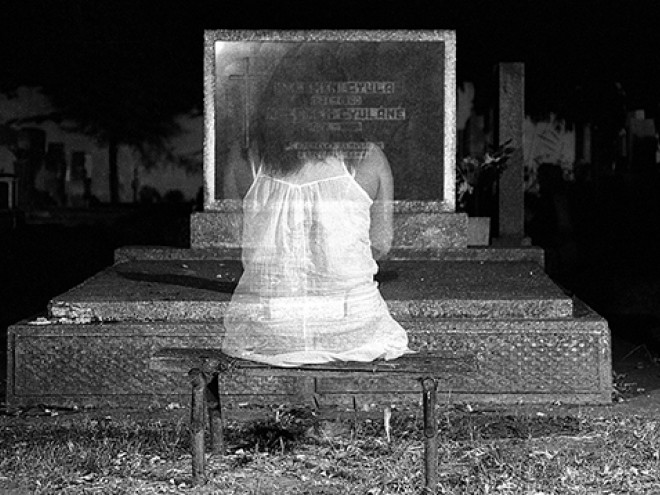With The Waiting Room, Leah Kaminsky chronicles the second generation experience with great insight and honesty. Dr. Dina Ronen has been constantly living — and fighting — with the ghosts of her past. A child of Holocaust survivors, she is now a galutnik, a diaspora Jew, transplanted from her safe Melbourne neighborhood to multicultural Haifa. She has a strong, independent Sabra husband and a young son and is eight months pregnant.
When there’s threat of a bombing in Haifa, Dina is made to confront her confusion and terror about living in 2001 Israel. Fear is her everyday companion; the safety and future of her son and unborn child are always uppermost in her mind. Dina imagines her son dying over and over again. She struggles for a normal life, but finds the tension eating away at her marriage and family. Dina, like her mother before her, always has her “just-in-case” bag packed.
Dina’s parents’ traumas haunt her. She grew up among survivors, whose stories were not often discussed or alluded to, but hidden secrets emerged, and the sadness was always there. Dina remembers her mother’s memories were “glued to her skin.” Dina’s deceased mother’s ghost appears to her throughout her day conversing, cajoling, nagging, advising, and pleading with her while also recreating the horrid and vivid scenes of Auschwitz platform selection, women’s barracks, children’s murders, and relentless survivor’s guilt. The terror of her parents’ lives is now echoing in her Israeli life. When Dina hopes for peace for her son’s life, her mother tells her that things never change, “Our future will be exactly the same as our past.”
Dina’s medical practice is located in an older neighborhood and her waiting room is filled with an array of patients, their back stories an amalgam of Israeli life. Evgeni, a former Russian ship engineer and now a street cleaner, shows up persistently with imaginary diseases to beg Dina for sick certificates. The loud, intimidating, and controlling Mrs. Susskind is always accompanied by her patient Filipino nurse. Tahirih, a troubled Bahaí woman, was smuggled out of Iran after her first husband was executed. Dina’s office manager, Yael, is a garrulous, fun-loving young woman who tries to keep the practice running smoothly. The waiting room is the source of much interaction, humor, hope, and fear. It’s a place where lives are on a journey and the patients are asking what is to follow. Dina, overloaded and finding people difficult and compassion hard to locate, tries to maneuver through her family’s needs, her patient’s illnesses, and her own struggles each day.
The scenes, sounds, harshness, beauty, and fervor of Israeli life are realistically portrayed. The impossible morning commute, the vibe of the coffee shop, the frenetic shuk, the breaking news of terror attacks, and the horror of being part of a bombing feel authentic. The precariousness of this life mirrors Dina’s inner confusion.
Kaminsky’s masterful use of language is evident throughout her first novel. She engrosses the reader as she weaves humor, irony, and symbolism into Dina’s complex world. Kaminsky creates a haunting Holocaust history and relates it to present-day existence in Israel in this poignant and personal story.
Visiting Scribe: Leah Kaminsky
Renita Last is a member of the Nassau Region of Hadassah’s Executive Board. She has coordinated the Film Forum Series for the Region and served as Programming and Health Coordinators and as a member of the Advocacy Committee.
She has volunteered as a docent at the Holocaust Memorial and Tolerance Center of Nassau County teaching the all- important lessons of the Holocaust and tolerance. A retired teacher of the Gifted and Talented, she loves participating in book clubs and writing projects.





